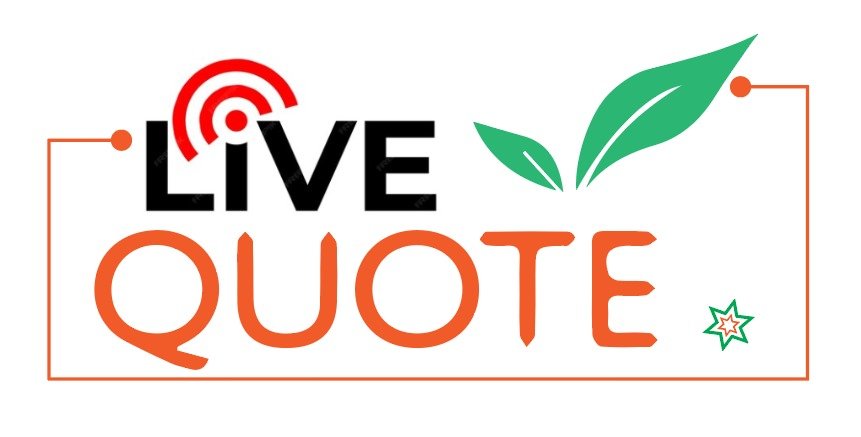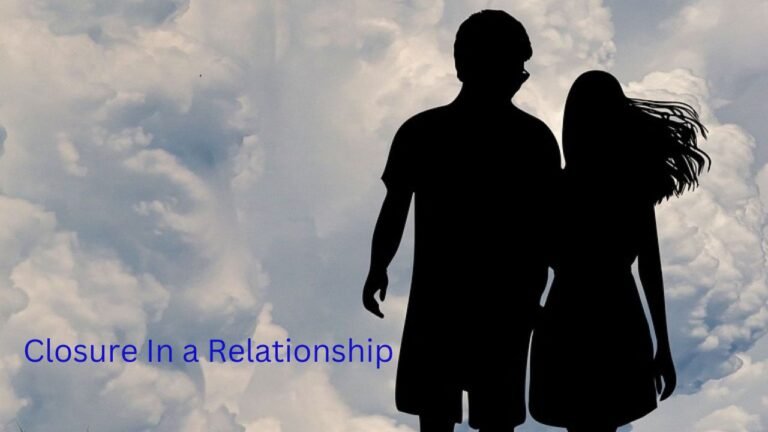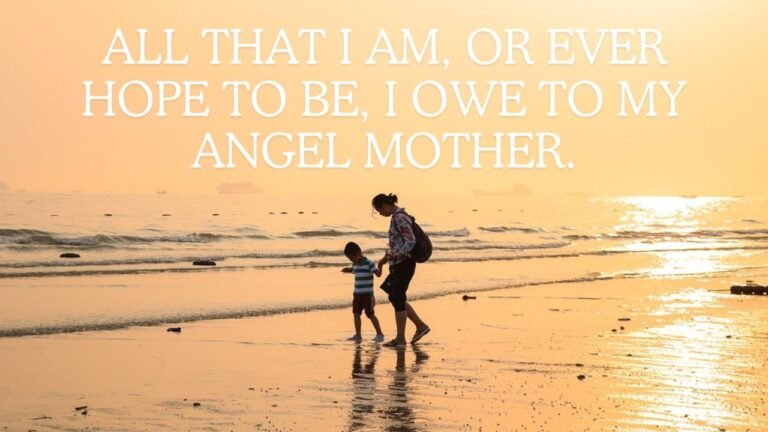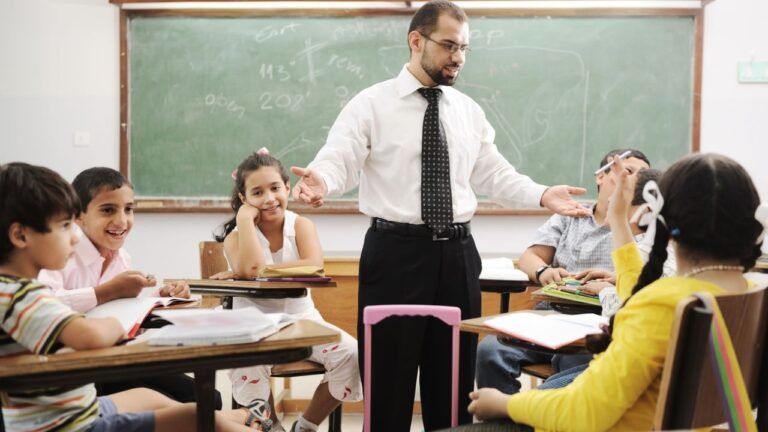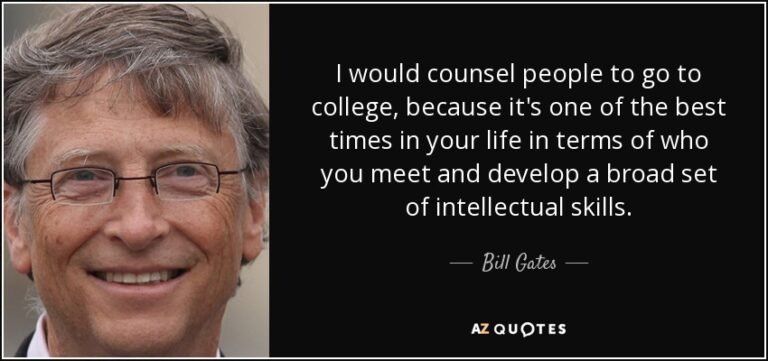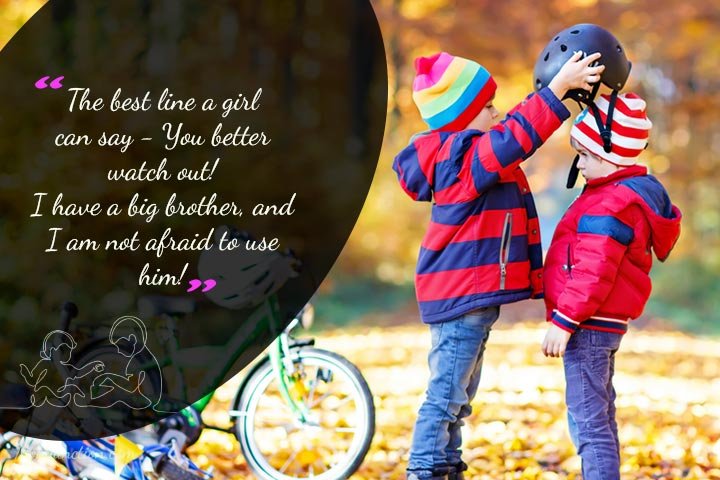In the realm of education, there exists a profound quote that resonates deeply with both teachers and learners alike: “Teacher becomes the student.” This simple yet profound statement encapsulates the essence of humility, growth, and the perpetual journey of learning that defines the human experience. The profound notion of perpetual learning. It signifies the transition from imparting knowledge as a teacher to embracing the role of a student, symbolizing the continuous pursuit of wisdom and growth.
The Role Reversal Concept
At its core, the concept of “teacher becomes the student” underscores the fluidity of roles in the pursuit of knowledge. While traditionally, teachers impart wisdom to their students, this quote reminds us that true learning occurs when individuals are open to receiving knowledge from unexpected sources.
The Role Reversal Concept denotes a transformative paradigm shift where traditional roles and expectations are inverted or exchanged. This concept challenges conventional notions by encouraging individuals to adopt alternative perspectives and consider different viewpoints.
It embodies the notion of stepping into another’s shoes, fostering empathy, understanding, and insight. Through role reversal, individuals gain a deeper appreciation for diverse experiences and perspectives, fostering collaboration, empathy, and mutual respect. It serves as a catalyst for personal growth, societal change, and the advancement of inclusive and equitable practices.
Embracing the Humility of Learning
Central to the idea of the teacher becoming the student is the virtue of humility. To acknowledge that one does not possess all the answers and to remain open to new insights is a testament to genuine intellectual humility.
Encapsulates the profound essence of acknowledging one’s limitations and embracing the perpetual journey of knowledge acquisition with a humble mindset. It signifies the willingness to set aside ego and preconceptions, opening oneself to new ideas, perspectives, and experiences.
This keyword embodies the profound realization that true wisdom arises from a place of humility, where individuals recognize the vastness of what they do not know and approach learning with an open heart and mind.
The Power of Empathy in Teaching
Empathy plays a crucial role in understanding the perspectives of others. When teachers adopt the mindset of students, they cultivate empathy, allowing them to better connect with their pupils and tailor their teaching methods to individual needs.
The profound impact of empathy within the realm of teaching, this keyword delves into the transformative influence of understanding and compassion in educational settings. It delves into how empathy fosters deeper connections between educators and students, cultivates a supportive learning environment, and enhances the overall educational experience. Through empathy, educators can effectively address the diverse needs of learners, promote inclusivity, and empower students to thrive academically and emotionally.
Cultivating a Growth Mindset
Embracing the notion of “teacher becomes the student” fosters a growth mindset—an attitude that thrives on challenges and sees failures as opportunities for growth.
By continually seeking to expand their knowledge base, educators set an example for their students to embrace lifelong learning. Fostering a Growth Mindset involves nurturing a mindset that sees challenges as opportunities for growth and views setbacks as stepping stones toward improvement.
It entails cultivating a belief in the power of effort and resilience, allowing individuals to embrace change, adapt to new situations, and continuously evolve. By adopting this mindset, individuals can overcome obstacles with determination and perseverance, leading to personal development and success in various aspects of life
Overcoming Ego and Pride
One of the greatest barriers to learning is ego. When teachers let go of their pride and ego, they create a conducive environment for genuine intellectual exchange. By humbling themselves before their students, educators foster an atmosphere of mutual respect and collaboration.
Conquering one’s ego and pride involves transcending personal barriers to embrace humility and self-awareness. It entails recognizing and overcoming the tendencies to prioritize oneself over others, teacher becomes the student quote and to resist the urge to assert dominance or superiority.
By humbly acknowledging one’s limitations and valuing the perspectives and contributions of others, individuals can foster healthier relationships, promote collaboration, and cultivate personal growth. Overcoming ego and pride is a transformative journey towards greater empathy, openness, and genuine connection with others.
Importance of Lifelong Learning
The journey of learning does not end with the acquisition of a degree or the attainment of a certain age. Instead, it is a lifelong endeavor—one that requires a commitment to continuous growth and self-improvement.
The significance of lifelong learning lies in its transformative power, propelling individuals towards continual growth and development throughout their lives. By embracing a mindset of curiosity and resilience, individuals open themselves to a world of possibilities, constantly seeking new knowledge and skills.
Lifelong learning fosters adaptability, empowers individuals to navigate through challenges, and ensures their relevance in an ever-evolving landscape. It serves as a cornerstone for personal and professional success, enriching lives and shaping a brighter future for individuals and society as a whole.
Inspiring Others Through Humility
By embodying the ethos of “teacher becomes the student,” educators inspire their students to adopt a similar mindset. Through their actions, teachers demonstrate that learning knows no bounds and that curiosity is the catalyst for intellectual advancement.
Encouraging and motivating others by embodying humility and selflessness, this keyword emphasizes the power of leading by example. It becomes the student quote underscores the importance of humility as a catalyst for inspiring and uplifting those around us. Through acts of modesty and genuine care for others, individuals can inspire positive change and foster a culture of empathy and collaboration.
By humbly acknowledging strengths and weaknesses, individuals cultivate trust and respect, creating a ripple effect of inspiration and encouragement within their communities and beyond.
Learning from Diverse Perspectives
Every individual brings a unique set of experiences and insights to the table. By embracing the role of the student, teachers have the opportunity to learn from the diverse perspectives of their students, enriching their own understanding of the world.
Learning from Diverse Perspectives entails embracing educational experiences enriched by varied viewpoints, backgrounds, and cultural lenses. This approach to learning teacher becomes the student quote emphasizes the importance of engaging with a wide range of perspectives, allowing individuals to gain insights, broaden their understanding, and foster inclusivity.
By actively seeking out diverse perspectives in education, individuals can enhance their critical thinking skills, empathy, and cultural competency, ultimately contributing to a more dynamic and interconnected global community.
Fostering a Positive Learning Environment
In a classroom where the teacher is willing to learn alongside their students, a culture of mutual respect and collaboration flourishes. Students feel valued and empowered, leading to a more positive and enriching learning experience for all.
Creating an environment conducive to positive learning involves cultivating an atmosphere where individuals feel supported, encouraged, and empowered to explore, question, and learn. It teacher becomes the student quote entails fostering a sense of community, mutual respect, and inclusivity, where diversity is celebrated and every voice is valued.
A positive learning environment nurtures curiosity, creativity, and critical thinking, enabling individuals to thrive academically, emotionally, and socially. It promotes collaboration, constructive feedback, and a growth mindset, laying the foundation for lifelong learning and personal development.
The Journey of Self-Discovery
The process of learning is not just about acquiring knowledge; it is also about self-discovery. As teachers engage in the journey of learning, they gain deeper insights into their own strengths, weaknesses, and areas for growth.
Embark on a profound voyage of self-exploration and revelation, delving deep into the intricate layers of your inner being. This transformative odyssey, known as “The Journey of Self-Discovery,” transcends mere introspection, guiding individuals towards profound insights, personal growth, and profound understanding of oneself.
Through introspective practices, introspective practices, individuals embark on a quest to unearth their true essence, passions, and purpose in life, forging a path towards self-fulfillment and enlightenment.
Cultivating Curiosity and Open-mindedness
Curiosity fuels the quest for knowledge, while open-mindedness allows for the exploration of new ideas and perspectives. By embracing the role of the student, teachers cultivate curiosity and open-mindedness in themselves and their students.
Fostering a spirit of curiosity and open-mindedness involves nurturing an innate desire to explore and question the world around us. By encouraging curiosity, individuals embark on a journey of continuous learning and discovery, embracing new ideas and perspectives with an open heart and mind.
This mindset not only fuels personal growth but also fosters empathy, creativity, and innovation, ultimately leading to a deeper understanding of ourselves and the world we inhabit.
Building Meaningful Connections
When teachers approach their students as fellow learners, they forge meaningful connections based on mutual respect and understanding. These connections transcend the traditional teacher-student dynamic, fostering a sense of camaraderie and support.
Establishing Meaningful Connections involves forging deep, authentic relationships that transcend surface interactions. It’s about cultivating genuine bonds built on empathy, trust, and mutual understanding. These connections go beyond mere acquaintance, fostering a sense of belonging and support.
They enable individuals to share experiences, exchange ideas, and collaborate towards common goals. Building Meaningful Connections requires active listening, empathy, and a willingness to invest time and effort in nurturing relationships. Ultimately, it’s about creating a network of support and camaraderie that enhances personal growth and enriches lives.
Transformative Power of Knowledge Exchange
In the dynamic interplay of teaching and learning, knowledge is not simply transferred from one party to another; rather, it is exchanged and co-created. Through this process, both teachers and students undergo transformation, emerging as more enlightened and empowered individuals.
Encapsulates the profound impact that sharing and exchanging knowledge can have on individuals, communities, and society as a whole. It signifies the dynamic process through which ideas, insights, and experiences are exchanged, leading to profound transformations in perspectives, understanding, and outcomes.
This concept highlights the reciprocal nature of learning, where individuals not only gain knowledge but also contribute to the collective pool of wisdom, fostering innovation, collaboration, and personal growth.
Conclusion
In the journey of education, the roles of teacher and student are not fixed but fluid, intertwining in a dance of intellectual exchange and growth. By embracing the concept of “teacher becomes the student,” educators inspire a culture of lifelong learning, humility, and empathy, enriching the lives of all who partake in the pursuit of knowledge.
FAQ
What is The Saying The Student Becomes The Teacher?
The student becomes the teacher” encapsulates the idea of growth and progression in learning. It signifies that as individuals acquire knowledge and experience, they have the capacity to become educators themselves, passing on wisdom to others in turn.
What is a Famous Quote about a Teacher?
A teacher affects eternity; he can never tell where his influence stops.” This timeless quote by American author and poet Henry Adams encapsulates the profound impact teachers have on their students, shaping their lives and leaving a lasting legacy that extends far beyond the classroom.
Who said When The Teacher is Ready The Student Will Appear?
The quote “When the teacher is ready, the student will appear” is often attributed to various sources, including Buddhist teachings and ancient wisdom. It implies that when a teacher is prepared and open to learning, opportunities for teaching and growth will naturally present themselves.
What is The Saying The Student Surpasses The Teacher?
The student surpasses the teacher” highlights the notion that learners have the potential to exceed the knowledge and skills of their instructors. It signifies the success of education as students grow and excel beyond the teachings of their mentors.

